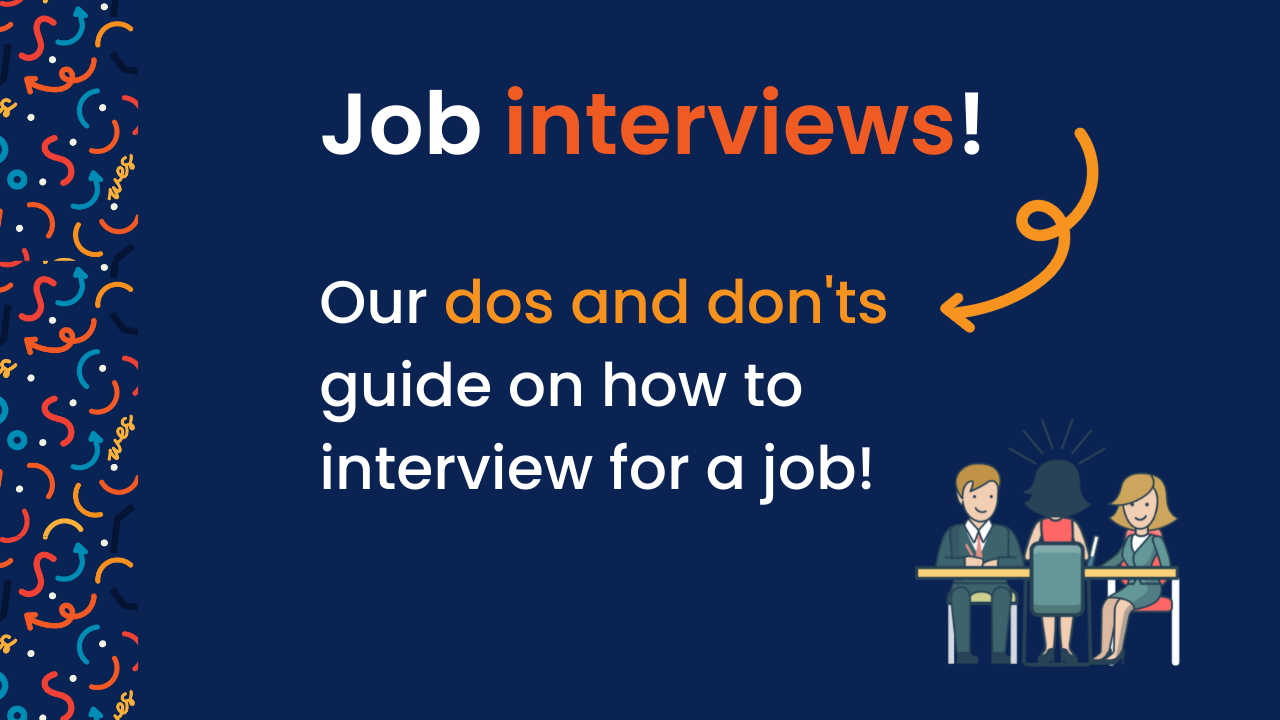How-to interview, a guide.

Your job interview is one of the most important parts of your potential career. Here is where you make an impression on your potential employer. It is an opportunity to showcase your confidence and communication – two important skills which will prove useful for any job. An interview is the make-or-break part of landing your dream job, so, interviewing well is critical to your success. In an interview you need to sell yourself and present your argument as to why you are the right fit for the job. We know not everyone is great at talking up themselves, to some it feels unnatural, so we have provided you with the ultimate guide to nailing your next interview.
There are small things you can do in your mannerisms and behaviours during an interview to enhance your desirability to the interviewer. Alternatively, there are also behaviours you should consciously avoid, as they may deter the interviewer and impact negatively on your chances of being hired. Here are some do’s and don’ts to ensure you’re prepared to put your best foot forward.
Do’s:
- COVID permitting it is polite business practise to shake the interviewer’s hand and make eye contact.
- Stay calm – this will help you speak clearer and deliver relevant information.
- Sit up straight – avoiding slouching shows your attentiveness and confidence.
- Be prepared – knowledge of the company is highly desirable and alerts interviewers of your interest in the role.
- Smile – showing you are excited about the job opportunity makes you much more hireable.
- Ask questions – demonstrate you are eager to learn, communicating where you are strong and where you require more work.
Don’ts:
- Don’t cross your arms – this can come across as guarded or disinterested, even if you don’t intend it to be.
- Don’t play with your hair – this suggests nervousness, it is better to keep your hands in your lap.
- Don’t be negative – bad mouthing previous employers or co-workers may be an indication of you doing the same in each job to the interviewer.
- Don’t tell lies or exaggerate your skills – it is best to start your career honestly to avoid any unrealistic expectations for employer and employee.
- Don’t take a phone call or play with your phone during the interview, have it on silent and tucked away.
Overall, staying attentive and interested is extremely important. All of the behaviours mentioned above are indicators of how you work and interact in the workplace, whether you realise it or not. An interviewer will be a lot less interested in what you have to say if you are slouching, cross armed or playing with your hair. Maintain a good level of eye contact, sit up straight, and wear a smile on your face – this will go a long way.
Going beyond the presentation and mannerisms, selling yourself is what will seal the deal. Ensure you are well educated on the job position you are applying for. Use language which is relevant and shows you are genuinely interested and have knowledge on the topics you are discussing. Don’t recite a practiced speech, be authentic so that the interview feels like a conversation and not a monologue. This will show the interviewer what you’ll be like to work with and how the conversations are likely to flow once you’re in the position. Back yourself, you’ve applied for the job and gotten an interview, you clearly have the experience they’re looking for so don’t doubt yourself. Sell yourself on the experience you have, don’t elaborate the truth, getting the job on false pretence is setting you up for failure.
It would be worth practicing these skills with mock interviews. Select your practice interviewer, whether that be a family member or friend, and alert them of the behaviours you should and shouldn’t be doing. Practice with this person and take their feedback on board so you can excel in your upcoming interview.
Below is a link with a visual representation of what you should and shouldn’t be doing during a job interview.



